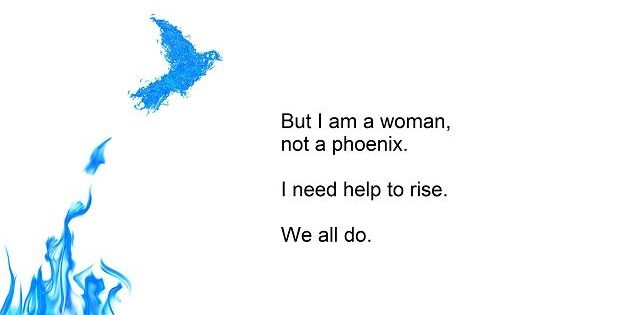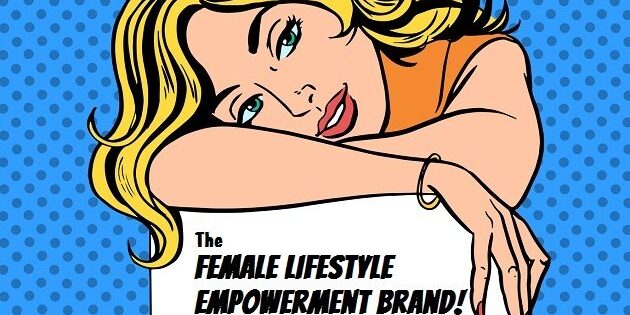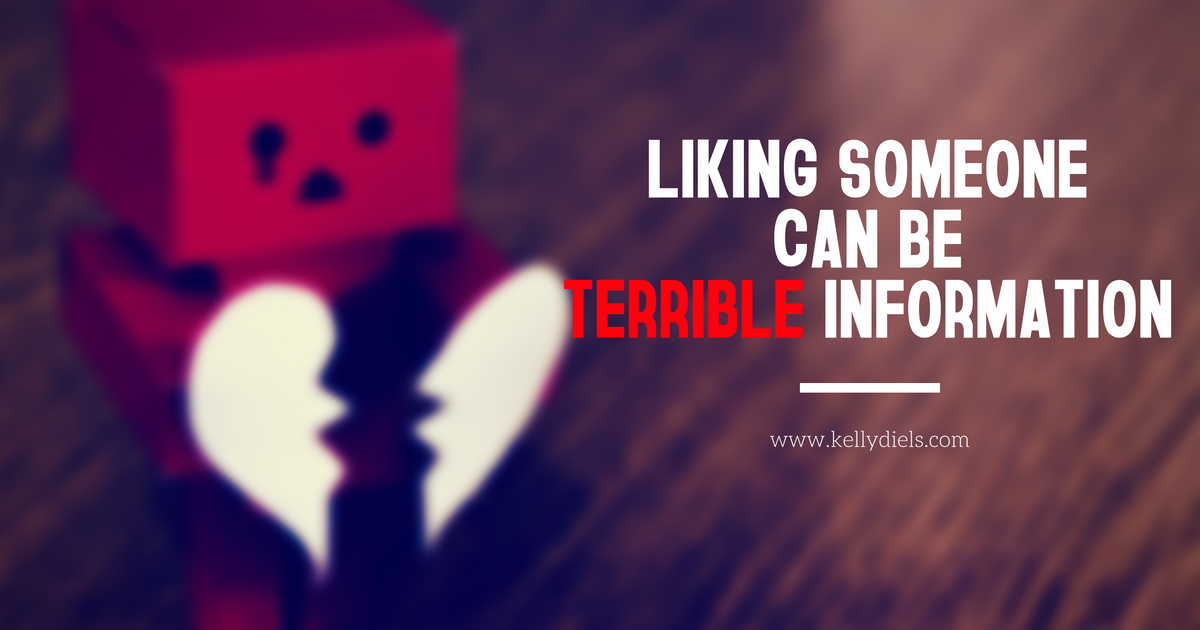
Liking Someone Can Be Terrible Information
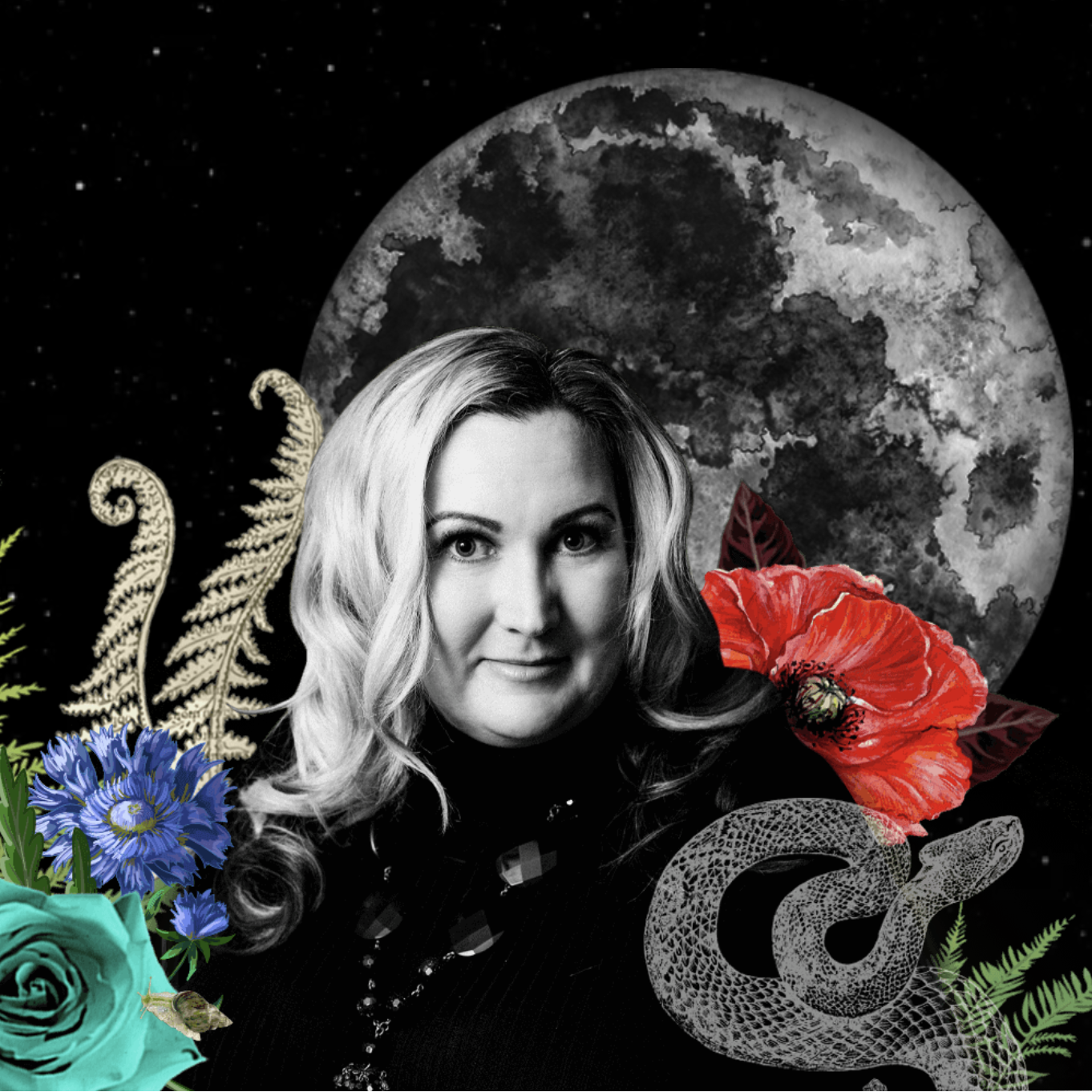
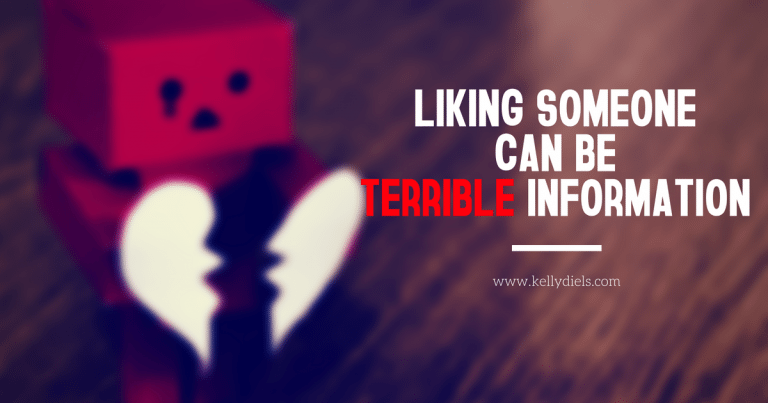
- There was a guy I went to high school with. He wasn’t popular per se but he was kind of badass in high school. Smart badass. He went on to do pretty well in the corporate world and after my thirty-something Big Split we reconnected on Facebook. We had a fling, and ‘fling’ is overstating it, but in addition to ze physical stuff there was a significant amount of communication and intellectual jockeying. I wasn’t emotionally invested, it wasn’t a big deal…until I found out that he was making the rounds in our alumni circle. If you were a smart good girl (possibly a little nebbish but cute) in our high school who was recently divorced, chances are he’s reached out and you’ve hooked up. This new information sent me into a spin. I realized he was profiling us. Me. He profiled me. Recently divorced good girl? She’s redefining herself, ready to take risks…and a bad boy who would never have entertained her as a romantic interest in high school makes the sidelined sixteen year old in her feel validated. I say her because there were several of us who fit this profile but I mean me. Although I didn’t feel the butterflies or harbour long-term fantasies for this guy, I non-romantically liked him a lot. I liked verbally jousting with him. I liked his smarts. I liked the long messages and conversations. So I didn’t bother attending to the subterranean cues I was picking up. ‘Cuz I liked him.
- There was this other guy. I almost want to post his full government name and address and his picture as a warning because straight up: he’s a con man. Before I knew that, of course, I liked him a lot. I did have butterflies, I did harbour fantasies, and I did let him into my life too fast and I did lend him money. Because I liked him. So did a lot of other women. This is what he does. He gets you to like him so you make decisions based on that feeling, that affinity, rather than facts or lack thereof. Turns out, this is what his wife (!!!!!! he had a wife!!!!) does, too, to other men. She profiles them and cons them the way he profiles and cons women. They’re some kind of match made in hell.
- One more guy. I liked him a lot, I made decisions based on that feeling and was wildly open and all in. And then his wife called. Yes, he had a wife. Yet another wife. I was leveled. I was self-loathing. I was so embarrassed. I was so sorry. And she was so goddamned nice to me. She said that after she caught him and he confessed, he told her I was a wonderful person and didn’t deserve what he’d done to me. Me??? What about HER?
Side note: his online dating profile name was David DeAngelo, which, it turns out, he’d copied from the seduction training he’d bought from the pick up artist (PUA) with the same name. I didn’t know such a thing existed. His wife mapped it all out for me which then triggered a whole investigation into pick up artists and the seduction community. If you’re dating, I recommend reading the forums and blogs in this community. It’s vile but at least you’ll be able to instantly recognize when you’re being profiled, triggered and manipulated.
They love them some Robert Cialdini and persuasion in the seduction/PUA community – just like in the online marketing world. And guess what? David Deangelo the pick up artist (not my copycat romantic con-artist) is in fact Eben Pagan, who also owns a how-to-market-online company called Get Altitude and has apparently been in a longtime MasterMind group called “The Syndicate” with Jeff Walker, who invented the ‘Product Launch Formula’ that I’ve written about.
Now. Obviously I share a bushel of responsibility in allowing or even selecting these romantic con-men into my company. I failed to screen. I failed to discern. Why did I let them in? Because I liked them.
Also: criticizing people who fall for scams in romance and business erases the fact that this is the dynamic that con-artists explicitly seek to initiate. They profile, they target, they execute practiced sequences and maneuvers. Let’s heap shame where it belongs: on their actions and in their game. They seek to make you like them and trust them to lower your defenses and trigger emotional, like-based, irrational decisions.
This is what people pursuing agendas – ranging from selling you encyclopedias, to shiny new cars with a lot of options, to sub-prime mortgages, to sex, to “loans”, to informally indentured servitude (unpaid internships, anyone?) – count on. They need you to make decisions based on the fact that you like them.
And that is not a fact. It’s a feeling.
When you start feeling a big strong like coming on, that’s excellent and to be enjoyed, but it’s also a sign to pay attention.
- Do you like this person more than the time you’ve spent together should predict? (Eg a car salesman at a dealership will make you feel like her bestie and then suddenly you’ve bought the car and the warranty and the upgraded stereo…when you only meant to get some information about that model to think about.)
- Do you like this romantic prospect more than the information you have about him should warrant? Are you texting more than talking? Have you been to his home? Met his friends? Or has it all been one-on-one? In one-on-one interactions is he mirroring your body language so you’ll feel a subconscious affinity with him? Does he invoke the principle of contrast to establish your value over other women who are just so damned inferior in his eyes and make you feel special? Back-handed compliments are great for that. “Oh you’re cuter than I expected. Wow.” “Oh you’re so much smarter than the other women I’ve gone on first dates with. So refreshing. So great to meet someone with substance. The online dating world can be so superficial. Wow.” Is he applying the addictive principle of intermittent, variable rewards – sometimes lots of fun and super present then absent? Incommunicado for while and then on Friday morning wants to do a road-trip for the weekend he *knows* you’ll decline because you work Saturdays but feel super-flattered he asked? Intermittent, variable rewards are literally addictive. It’s why we check Facebook 8 times a day. Those notifications are the intermittent, variable rewards that keep us coming back for more. It feels good. We like it. We keep pressing the more-sugar-please lever. We make decisions based on what we like.
In relationship with someone who isn’t pursuing a singular purpose – his or hers – these things indicate mutual interest. But in the hands of someone directing the interaction to achieve his or her agenda, they’re red flags. And here’s the thing: when you first meet someone and in the first weeks and months in their company, you don’t know which you’re dealing with. You don’t have enough information. You’re making decisions based on liking someone.
Again: this is what people who serve their own interests count on. They need you to like them to lower your defenses and trigger bad or at least irrational decisions.
Online, what do marketers do when they’re marketing their lifestyle? They get us to like their life, like them, like their personal relationships (selfie with a famous bestie, anyone?), like their videos, literally like their page and their posts.
Whenever someone is trying to get us to like them and they have a commercial interest vested in us liking them, that’s a sign that you need to assemble more information before you make said commercial decision.
Let’s say I’m a swimming coach and I own a lifeguard academy. You’re liking everything I’m throwing down, and you want to be a lifeguard. You like me, so you sign up for my academy.
Before you do that – PLEASE – check to see if my certification will help you in your career. Does anyone in our industry recognize this certification? Would companies or organizations send their employees to this program? Or, if it’s a new qualification, is it something that will advance a particular world view or counter-narrative and so needs to be called into play and that’s why it’s so valuable? Is it all online or do some of the hours take place in a pool? Who are my teachers? How long have I studied? What qualifications do I hold? What fields of research is my methodology based on? How much free or low-cost material do I make available? What is my refund policy? Am I offering it for $15,000 if you pay in full or $30,000 if you need a payment plan (that level of interest being charged way exceeds legal limits, so when people are charging premiums like that for payment plans, calculate what percentage you’re being charged and compare it to your local laws on interest and loan-sharking – this will tell you A LOT about whether someone can be trusted.)
I’m not saying all of these criterion need to be met. I’m saying ask yourself which of these are important to you, and check into them. ESPECIALLY when you like someone.
Liking can be good information when there are mutual level of rewards in the relationship or transaction. Liking can also be terrible information because your like can be leveraged against you.
When it comes to making buying decisions, ask yourself this: can I afford to go into this amount of debt and/or lose this money?
I can afford to lose $2 on a soda I’m trying because I liked their commercials.
I can afford to lose $25 on a paperback that I bought because I liked the author.
I can afford to lose $100 on a consult or $120 on one bad-fit therapy session, but for me, that’s my upper limit for loss.
I cannot afford to lose $7,500 and 10 months of my head-space, time and effort on a coaching package I bought because I liked the coach.
So in situations like this – high-risk transactions – I need to lean in and ask myself: is my sense of like driving this decision?
If like is driving my decision, it’s a cue that I need to assemble more data and decide based on the facts, not only my feelings.
Define your limit for acceptable financial loss. Any decision you need to make that exceeds that level of acceptable loss has to meet more criterion than simply liking the creator or seller.
ONE MORE THING: this applies to deciding to work with me, too. It is not enough for me to be likeable. I’m not selling a cup of yogurt, you know? If the interaction between us is a high-risk transaction for you, you must require more from me than charisma. When my services exceed your level of acceptable potential loss, you *must* require more from me than likability.
Because, as my spotty romantic life can attest, liking someone can yield terrible information and horrible, no-good, very-bad decisions.
And let’s make it harder for them to do that to us online or anywhere.
—–


